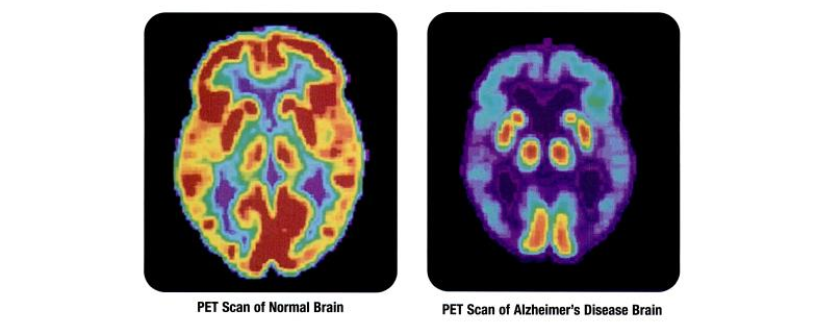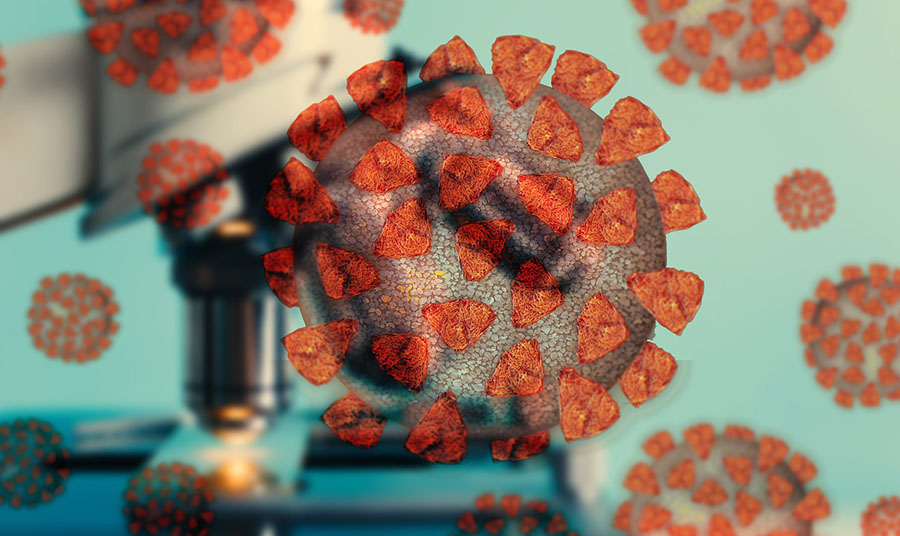ProMIS Neurosciences Inc. (PMN:TSX; ARFXF:OTCQB) published a white paper, The Critical Importance of Selectivity When Developing Antibody Therapies for Alzheimer's Disease, in which it purports that targeting the disease's root cause, now believed to be the toxic oligomer form of amyloid beta, "is the most promising therapeutic approach," noted a news release.
The biotechnology firm is taking this very tack with various neurodegenerative diseases, not only Alzheimer's, working to identify the offending toxic oligomers associated with them and then develop antibody drugs that target those pathologic misfolded proteins.
In the white paper presentation, available on ProMIS' website, the company's chief medical officer Dr. James Kupiec indicated that researchers recently have shifted their thinking about the cause of Alzheimer's disease.
In the past, they suspected that forms of amyloid beta monomers and plaque, rather than the toxic oligomer form of amyloid beta, began the process of cell death that leads to the development of the disease's symptoms. "Recent scientific data indicate that a best-in-class antibody therapeutic for Alzheimer's disease should target toxic oligomers without binding to nontoxic forms of amyloid beta," Kupiec said.
He highlighted that ProMIS' lead drug candidate PMN310, for Alzheimer's disease, has that very mechanism of action. As shown in preclinical evaluations, it "strongly and preferentially binds the toxic oligomers from humans with Alzheimer's disease" in a highly selective manner, according to Kupiec. PMN310 does not bind to amyloid beta monomers or plaques or vascular deposits of amyloid, which, he noted, differentiates it from other therapeutic candidates in development.
Due to its selectivity, PMN310 should not cause dose-limiting side effects like brain swelling and should eliminate wasting doses on "superfluous "targets," Kupiec asserted. "Accordingly, we hope to demonstrate a greater clinical benefit than other amyloid beta-directed antibodies currently showing encouraging results in clinical trials."
Read what other experts are saying about:
Disclosure:
1) Doresa Banning compiled this article for Streetwise Reports LLC and provides services to Streetwise reports as an independent contractor. She or members of her household own securities of the following companies mentioned in the article: None. She or members of her household are paid by the following companies mentioned in this article: None.
2) The following companies mentioned in this article are billboard sponsors of Streetwise Reports: ProMIS Neurosciences. Click here for important disclosures about sponsor fees.
3) Comments and opinions expressed are those of the specific experts and not of Streetwise Reports or its officers. The information provided above is for informational purposes only and is not a recommendation to buy or sell any security.
4) The article does not constitute investment advice. Each reader is encouraged to consult with his or her individual financial professional and any action a reader takes as a result of information presented here is his or her own responsibility. By opening this page, each reader accepts and agrees to Streetwise Reports' terms of use and full legal disclaimer. This article is not a solicitation for investment. Streetwise Reports does not render general or specific investment advice and the information on Streetwise Reports should not be considered a recommendation to buy or sell any security. Streetwise Reports does not endorse or recommend the business, products, services or securities of any company mentioned on Streetwise Reports.
5) From time to time, Streetwise Reports LLC and its directors, officers, employees or members of their families, as well as persons interviewed for articles and interviews on the site, may have a long or short position in securities mentioned. Directors, officers, employees or members of their immediate families are prohibited from making purchases and/or sales of those securities in the open market or otherwise from the time of the interview or the decision to write an article, until one week after the publication of the the interview or article.



























































